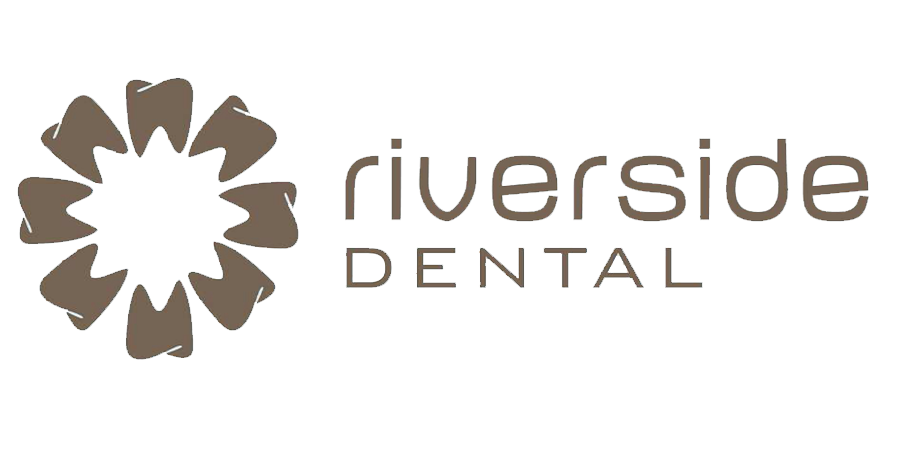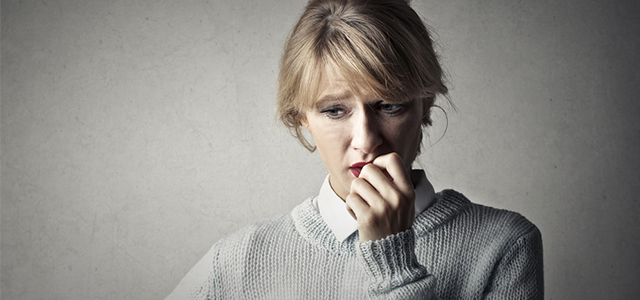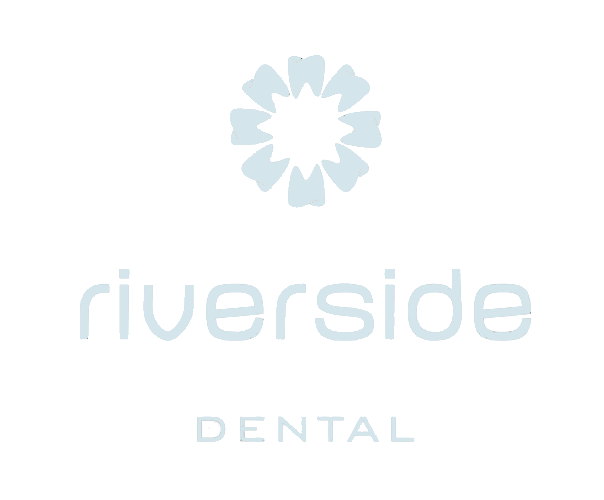Not everybody can express joy and excitement at the thought of visiting the dentist, or any healthcare practitioner for that matter. The mind begins to overthink, and suddenly you’ve stressed yourself out. The stress becomes a problem when it leads to dental anxiety or even dental phobia, and you suddenly find yourself unwilling or unable to make that visit to the dentist.
What is dental anxiety and dental phobia
Dental anxiety refers to the worry, fear and uneasiness a person may feel when it is time to visit the dentist, or when placed in a dental environment. A person with dental anxiety may delay or even avoid dental treatment. Certain mental health conditions including generalised anxiety disorder (GAD), bipolar disorder, and depression can heighten the chances of a person experiencing dental anxiety.
Dental phobia, on the other hand, is more serious- with a person feeling intense fear, panic and dread. Although the term is used interchangeably with dental anxiety, it is not the same thing. Dental anxiety becomes dental phobia when the anxiety from being in any dental environment becomes so overwhelming that a person cannot maintain his/her oral health. A person with dental phobia will tend to avoid the dentist at all costs, and as such, will be more prone to gum disease and tooth loss.
Causes of dental anxiety and dental phobia
There are a number of reasons as to why people develop dental anxieties and phobias. The most common are:
- Fear of pain
This fear is usually a result of an unpleasant dental experience that happened before the advances in painless dentistry. It could also stem from having heard exaggerated “horror” stories from others. Other traumatic experiences, such as abuse could also explain why a person could fear pain.
- Feeling helpless or a loss of control
Seated in a dental chair, with your head tilted back and mouth open could cause people to feel helpless and unable to control anything that may happen.
- Fear of injections, or of the injection not numbing the pain
For many people, the mere sight of needles can be terrifying. For others, there is the fear of the injection not being strong enough to alleviate the pain or that it wont take effect by the time the dental procedure begins.
- Fear of experiencing anaesthetic side-effects
Some people fear the possible side-effects of anaesthesia, such as dizziness, nausea, faintness or numbness of the lips.
- Embarrassment and invasion of personal space
For some people, having the dentist in close proximity to their face can feel invasive and uncomfortable. Others may feel embarrassed about the condition of their teeth or the possibility of unpleasant breath.
- Trust issues
Sometimes, people don’t feel as if they can trust the dentist to properly care for their mouth. It could be that they don’t know the dentist very well, or have a general paranoia in respect of entrusting their oral health to someone other than themselves.
Symptoms of dental anxiety
If you have dental anxiety, when thinking about visiting the dentist you may experience:
- Sweating- even in mild weather that usually wouldn’t make you sweat
- Palpitations/racing heartbeat
- Low blood pressure that can sometimes lead to fainting
- Panic, crying
- Withdrawal, or various attempts to mask the anxiety
Symptoms of dental phobia
Signs of dental phobia include:
- Feeling tense, or having difficulty falling asleep the night before a dental visit
- Increased nervousness whilst sitting in the waiting room
- Feeling physically ill at the though of visiting the dentist
- Feeling as though you want to cry upon seeing dental instruments
- Panic, or the inability to breathe properly when dental instruments are placed in your mouth
Coping with dental anxiety or phobia
Speaking to your dentist about your fears is important, as it allows for your dentist to draw up a treatment plant that is best suited to your needs. If your anxiety or phobia is triggered by the feeling that you are losing control, you can ask your dentist to explain what is happening at each stage of the treatment. When you are mentally prepared for what is to come next, it can help you feel a little more in control.
Other coping methods include:
- Meditation
- Practising deep breathing exercises
- Listening to calming music or watching something on the dentist’s television screen that shifts your attention away from the dental procedure
- Hypnosis
- Engaging in cognitive behavioural therapy with a psychologist
Coping with severe dental anxiety and phobia
Dental anxiety or phobia that is more severe requires the use of any one of these treatments:
- Relative analgesia/laughing gas/nitrous oxide
Nitrous oxide, more commonly known as laughing gas, relaxes you whilst you are still awake. You dentist will place a mask on your face, from which you will breathe in a mixture of oxygen and nitrous oxide. Some people enjoy the sensation created by laughing gas, whilst others are not particularly fond of it.
- Medication to relieve anxiety
A single dose of anxiety-relieving medication, as prescribed by a doctor or dentist, is taken an hour before the dental visit. You will need to be transported to and from the dental practice, as your concentration will be hindered whilst under the influence of this medication.
- Conscious sedation
Intravenous sedation is administered by a dental seditionist or an anaesthetist. After this sedation, you may feel drowsy and a bit nauseas and shouldn’t drive yourself home. Conscious sedation is however, not administered by all dentists.
- General anaesthesia
Done in a hospital setting by both a dentist and an anaesthetist, general anaesthesia is best used in combination with other strategies. This allows for the time spent under anaesthetic to be used for treatments that are harder to cope with, whilst the more simpler treatments are done without anaesthetic. The time spent under anaesthetic is usually not enough to cover all dental procedures that need to be done.
Here in Riverside Dental, we understand how scary it can be to make that dental visit if you have either dental anxiety or dental phobia. We are here for you, and are willing to go that extra mile to ensure that you feel comfortable under our care. Speak to us about what scares you the most, and we will tailor a treatment that will take your needs into account. Give us a call – let’s take the first step together!


